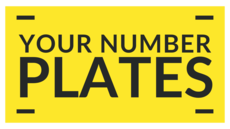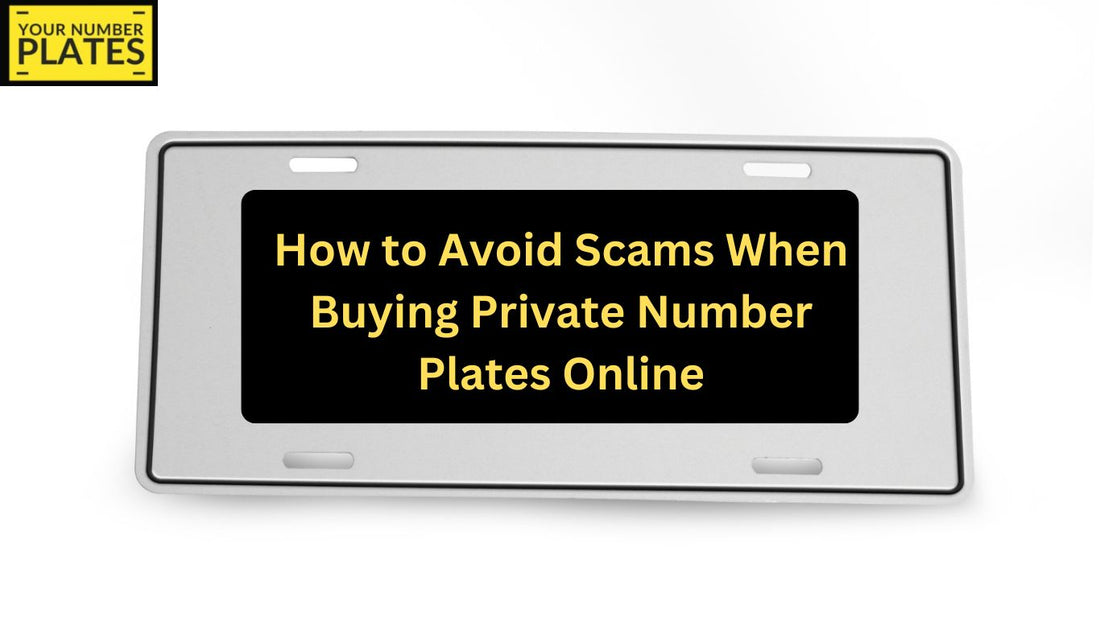Introduction: The Hidden Dangers of Online Plate Trading
The trade of private number plates has evolved from in-person exchanges to an expansive digital marketplace. Yet with this evolution comes risk. Fraudsters have infiltrated online platforms, exploiting buyers who are unaware of the industry’s complexities. Protecting yourself requires vigilance, awareness, and a sound understanding of how the system works.
Understanding the Private Plate Market
Private number plates are considered luxury assets in the UK. They can represent personal identity, status, or serve as an investment. The market includes legitimate sellers—such as the DVLA, authorized dealers, and individuals with transferable rights—but also hosts deceptive actors who exploit the unregulated nature of online sales.
Why Scammers Target Number Plate Buyers
The private plate market attracts con artists for one simple reason—high-value transactions with minimal oversight. A single plate can cost thousands, sometimes hundreds of thousands. Unlike traditional car sales, number plates are intangible until assigned, making it easier for fraudsters to fabricate listings and vanish without trace.
Common Online Plate Scams
a. Fake Listings and Non-Existent Plates
One of the most prevalent scams involves selling plates that don’t exist. Fraudsters create convincing adverts with photos, descriptions, and even fake certificates of entitlement. Once payment is received, they disappear, leaving the buyer with nothing.
b. Cloned or Stolen Registrations
Some scammers sell stolen or cloned plates from existing vehicles. The unsuspecting buyer may not realize until they attempt to register the plate—only to face legal complications or even police involvement.
c. Manipulated DVLA Transfer Documents
Forged or tampered V750 and V778 certificates are another red flag. These official documents prove ownership and transfer rights. Scammers often alter serial numbers or create counterfeit copies to mislead buyers.
d. Fraudulent Escrow or Payment Platforms
Fraudsters frequently use fake escrow websites or request payments through untraceable methods. These mimic legitimate services but are designed solely to capture funds before vanishing into digital obscurity.
Spotting a Reputable Private Plate Seller
Always verify a seller’s credentials before engaging in any transaction. Reputable dealers are registered with trade bodies such as the RMI Cherished Numbers Dealers Association (CNDA) or the British Number Plate Manufacturers Association (BNMA). Check customer reviews, company registration, and contact details. A legitimate dealer will never rush or pressure you into a purchase.
The Role of the DVLA in Verifying Authenticity
The Driver and Vehicle Licensing Agency (DVLA) remains the ultimate authority for all UK registrations. Before committing to any deal, confirm the plate’s availability via the official DVLA website. The agency issues genuine certificates of entitlement (V750) and retention documents (V778), which are the only proof of legal ownership.
Secure Payment Methods and Transaction Safety
Use traceable, protected payment methods such as debit or credit cards. Avoid direct bank transfers unless dealing with a verified, established seller. PayPal’s buyer protection policies can also offer a safety net. Never make payments through third-party links or email requests without verifying the source.
Warning Signs of a Potential Scam
Be wary of deals that seem too good to be true. Suspiciously low prices, urgent deadlines, or sellers who avoid direct contact are telltale signs of fraud. Watch for grammatical errors or inconsistencies in documentation—these often betray unprofessional or fraudulent activity. Trust your instincts; hesitation can save you thousands.
How to Check Plate Legality Before Purchase
Always confirm that the plate adheres to DVLA regulations regarding spacing, font, and format. Use the DVLA’s “check a registration number” service to ensure the plate is available and not currently assigned to another vehicle. Legitimate sellers can provide the certificate number for verification purposes.
What to Do if You’ve Been Scammed
If you fall victim to a scam, act immediately. Report the incident to Action Fraud, the UK’s national fraud reporting centre. Notify your bank to attempt a payment reversal and contact the DVLA to alert them of the fraudulent activity. Collect all communication records and transaction details—they’ll be crucial for any investigation.
Using Professional Brokers or Trusted Marketplaces
To minimize risk, consider purchasing through reputable brokers or platforms that specialize in private plates. Established marketplaces offer escrow-style protections, verified documentation, and transparency in transfers. These intermediaries charge a small fee but provide peace of mind that private sellers often cannot.
Future of Safe Online Plate Transactions
The future of online private plate trading lies in digital verification. Blockchain-based ownership systems and secure online authentication tools could eliminate fraud entirely. Until such innovations become mainstream, buyers must remain cautious and conduct due diligence with every transaction.
Conclusion: Stay Sharp, Buy Smart
Buying a private number plate online can be both exciting and rewarding. Yet, in a marketplace where prestige meets deception, knowledge is your best defence. Always verify, question, and authenticate before you commit. A few minutes of careful scrutiny can protect your wallet—and your peace of mind—for years to come.

